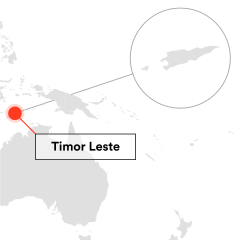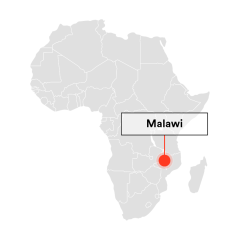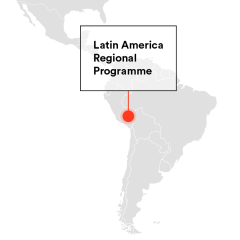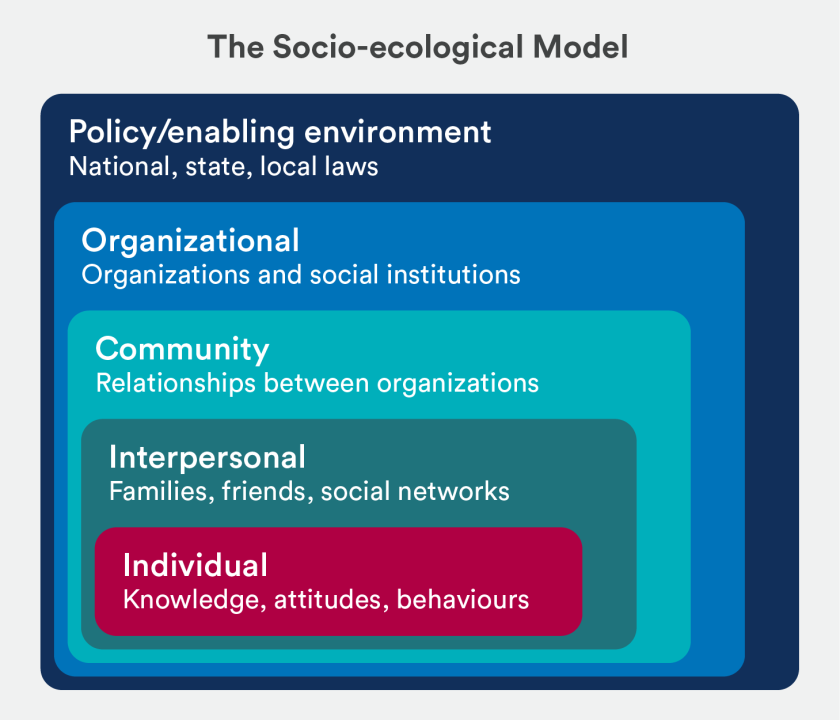Understand drivers of VAWG

Understand drivers of VAWG
Case Studies

As part of Spotlight Initiative, UNFPA in Timor Leste mapped quantitative and qualitative data on violence against women and girls in order to inform capacity building and training on data literacy and gender statistics for civil servants. Specifically, data was collected in Dili, Bobonaro, Viqueque and Ermera and involved a literature review and secondary analysis of the 2015-2016 Demographic and Health Survey. The mapping reviewed types of violence (physical, sexual and emotional), demographic characteristics, behavioural factors, vulnerable groups, and help-seeking behaviour. Overall, the data collected demonstrated that levels of VAWG in Timor Leste are high, and that little is known about young girls (under 15 years old), older women (over 50 years of age), and women with disabilities. This indicated to the researchers that further research is necessary to understand the drivers and experiences of VAWG by these groups.
Download the Report Summary.



Spotlight Initiative in Haiti supported the Determinants of Violence Against Women and Girls study, which highlighted the political and economic sociocultural factors (values, religious beliefs, attitudes and behaviours) that instigate or support violence against women and girls, particularly domestic violence. The results of this study have informed the “Pathways for a Prevention” strategy, which will feed into the national violence against women and girls prevention model and the national education programme for the elimination of domestic violence against women and girls.



In preparation for Spotlight Initiative programming in Malawi, an evidence review was commissioned in 2020 to inform preparatory activities and enable evidence-based refinement of programme interventions and strategies across the whole programme, as well as identify knowledge gaps to set the research agenda. This research critically reviewed and synthesised peer-reviewed and grey literature on Sexual and Gender Based Violence (SGBV), Harmful Practices (HP) and Sexual and Reproductive Health and Rights (SRHR) in Malawi, including their causes and drivers. Some of the intrinsic motivations driving behaviour in-country include religion, culture and educational attainment, which have influenced practices of early marriage and attitudes towards sexual violence. Some of the extrinsic motivations included law enforcement, social sanctions and economic incentives which have affected decisions around adhering to traditional practices and prescribed gender roles.



The Spotlight Initiative Latin America Regional Programme supported eight national surveys, conducting 9,600 interviews across Argentina, Bolivia, Colombia, Ecuador, El Salvador, Guatemala, Honduras and Mexico. The survey provided data on social perceptions of violence against women and girls and femicide. The results showed that verbal abuse and femicide are perceived as the most commonly occurring forms of violence against women and girls, while control over women’s lives was perceived as more acceptable than other forms of violence against women and girls. Further, LGBTQ and older women are groups perceived as less likely to experience violence.
The consolidation of findings and recommendations for the development of public policies in the region is accessible in Spanish here.








